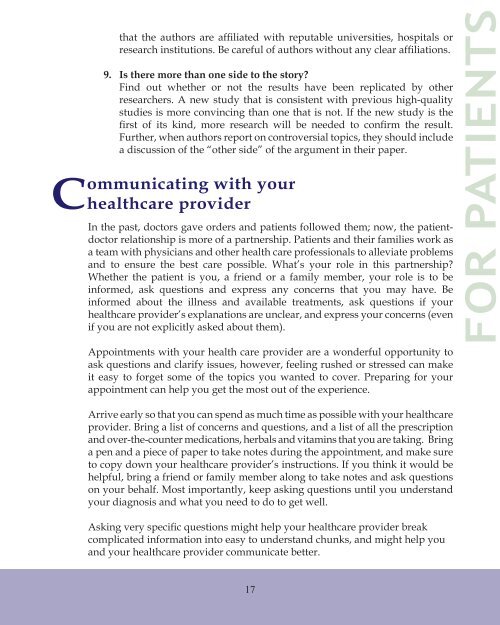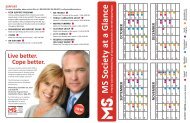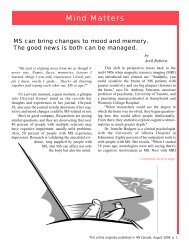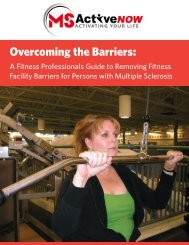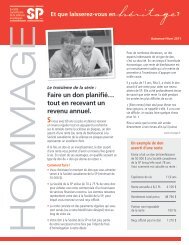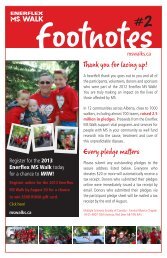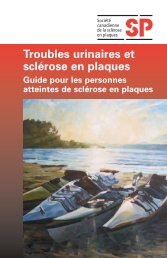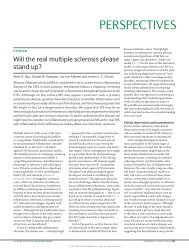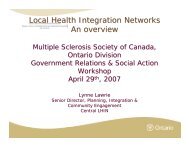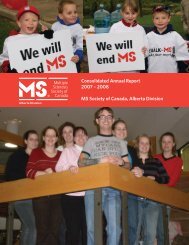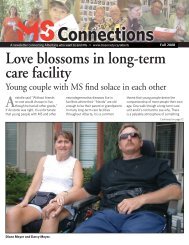Evidence-based medicine (EBM)
Evidence-based medicine (EBM)
Evidence-based medicine (EBM)
You also want an ePaper? Increase the reach of your titles
YUMPU automatically turns print PDFs into web optimized ePapers that Google loves.
that the authors are affi liated with reputable universities, hospitals or<br />
research institutions. Be careful of authors without any clear affi liations.<br />
9. Is there more than one side to the story?<br />
Find out whether or not the results have been replicated by other<br />
researchers. A new study that is consistent with previous high-quality<br />
studies is more convincing than one that is not. If the new study is the<br />
fi rst of its kind, more research will be needed to confi rm the result.<br />
Further, when authors report on controversial topics, they should include<br />
a discussion of the “other side” of the argument in their paper.<br />
Communicating with your<br />
healthcare provider<br />
In the past, doctors gave orders and patients followed them; now, the patientdoctor<br />
relationship is more of a partnership. Patients and their families work as<br />
a team with physicians and other health care professionals to alleviate problems<br />
and to ensure the best care possible. What’s your role in this partnership?<br />
Whether the patient is you, a friend or a family member, your role is to be<br />
informed, ask questions and express any concerns that you may have. Be<br />
informed about the illness and available treatments, ask questions if your<br />
healthcare provider’s explanations are unclear, and express your concerns (even<br />
if you are not explicitly asked about them).<br />
Appointments with your health care provider are a wonderful opportunity to<br />
ask questions and clarify issues, however, feeling rushed or stressed can make<br />
it easy to forget some of the topics you wanted to cover. Preparing for your<br />
appointment can help you get the most out of the experience.<br />
Arrive early so that you can spend as much time as possible with your healthcare<br />
provider. Bring a list of concerns and questions, and a list of all the prescription<br />
and over-the-counter medications, herbals and vitamins that you are taking. Bring<br />
a pen and a piece of paper to take notes during the appointment, and make sure<br />
to copy down your healthcare provider’s instructions. If you think it would be<br />
helpful, bring a friend or family member along to take notes and ask questions<br />
on your behalf. Most importantly, keep asking questions until you understand<br />
your diagnosis and what you need to do to get well.<br />
Asking very specifi c questions might help your healthcare provider break<br />
complicated information into easy to understand chunks, and might help you<br />
and your healthcare provider communicate better.<br />
17<br />
FOR PATIENTS


